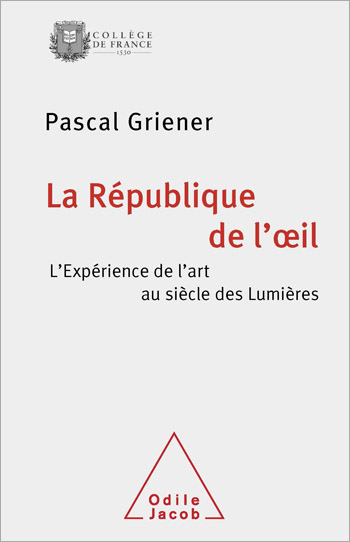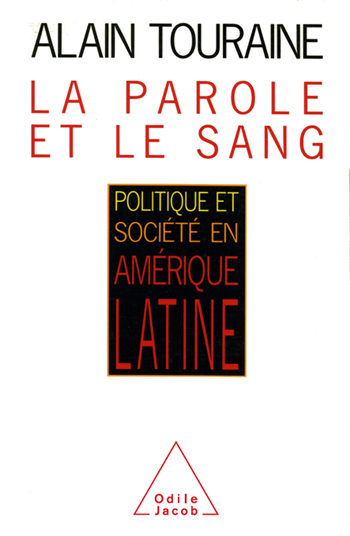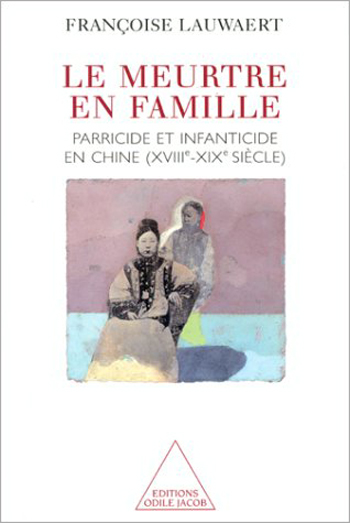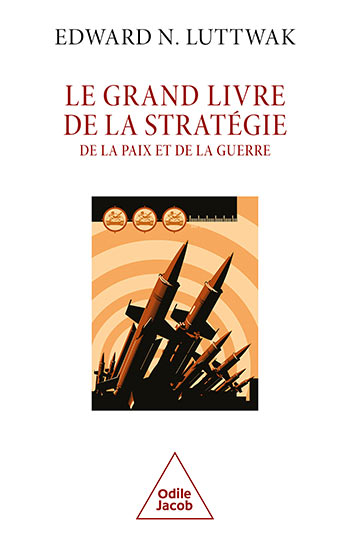History and Geopolitics All books

Denis Crouzet
Charles V The Anguish of Power
A new biography of Charles V, a highly underestimated character hanging between power and renunciation
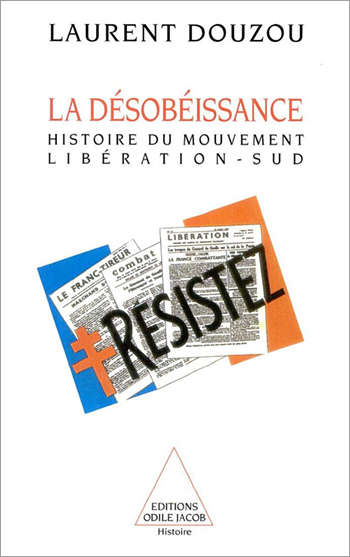
Laurent Douzou
Disobedience History of the Liberation Movement
Not everybody in the world become a Pétainist after the debacle and not all the resistance movements were infiltrated by communists working for the benefit of Moscow. Drawing upon numerous archives, Laurent Dazou explains why several men and women as diverse as a freewheeling navy officer, a normalien philosopher obsessed with maths, a young militant communist from the Latin Quarter and a founding banker from an anti-Semetic league, refused to crack under pressure, joining the ranks of disenchantment, and learning to resist by organizing themselves to fight and to blaze the trail of disobedience. Laurent Douzou is a specialist in the history of the Resistance.

Samantha Besson
Inventing Europe Collège de France Autumn Colloquium 2021
This book was published under the direction of Samantha Besson, current occupant of the International Institutional Law Chair at the Collège de France


